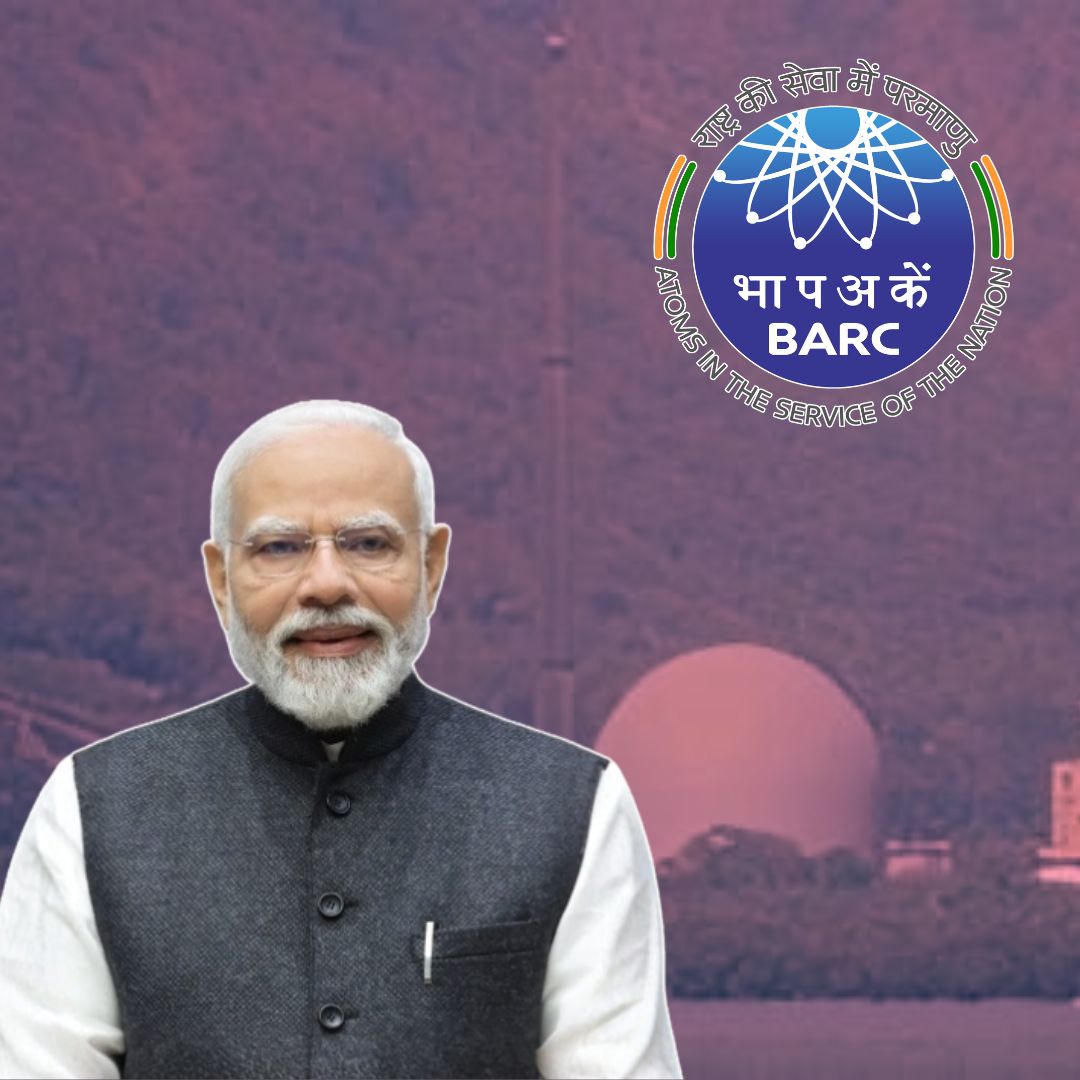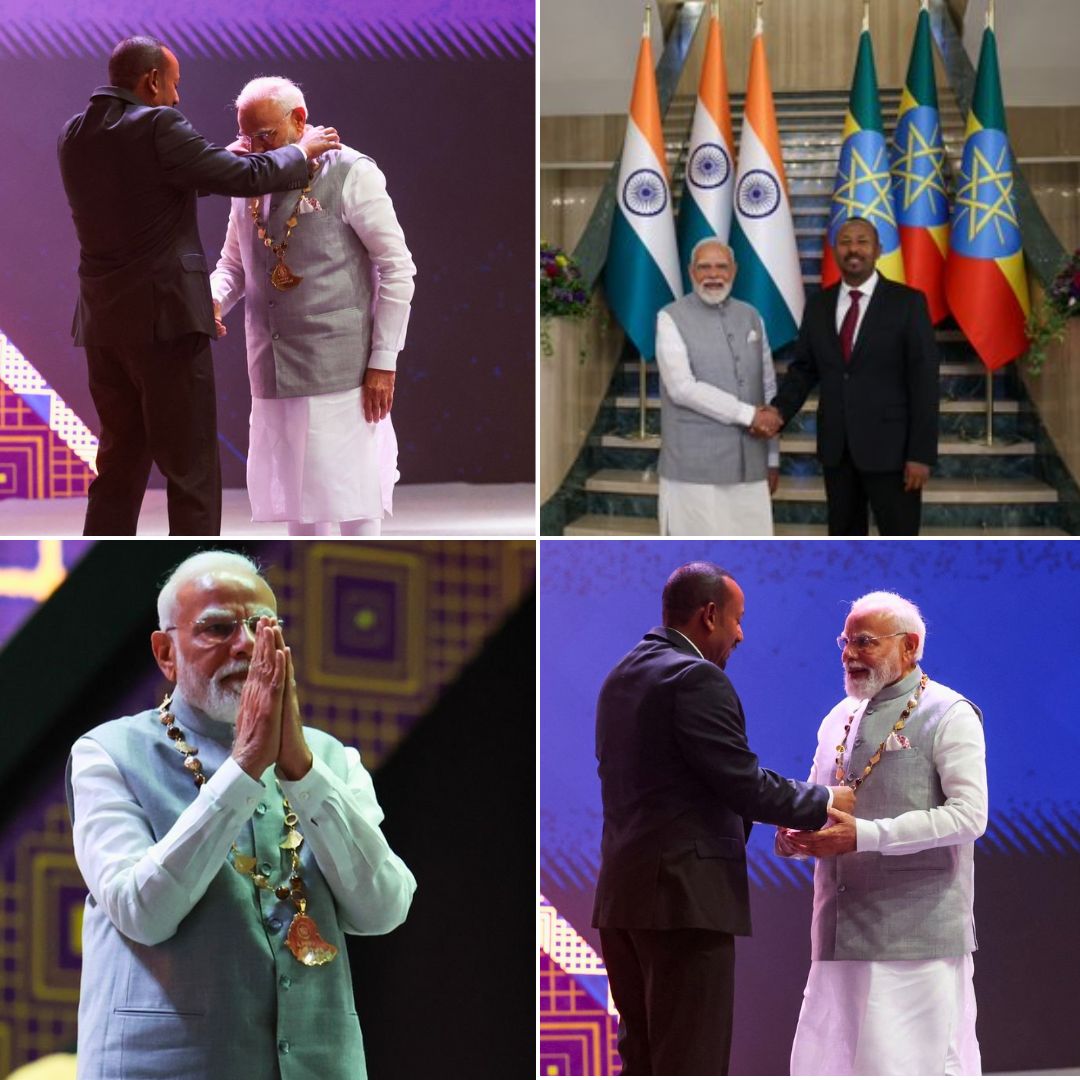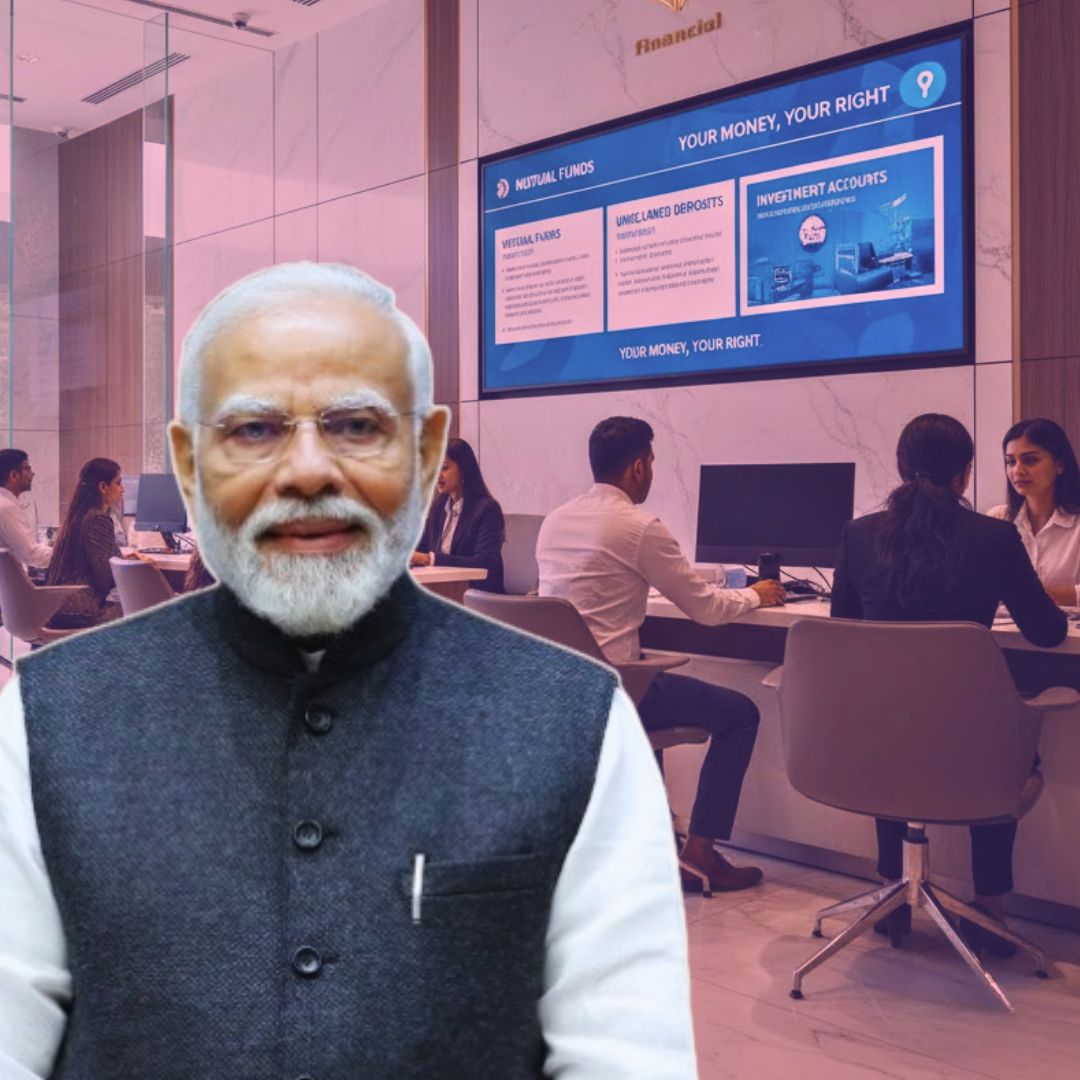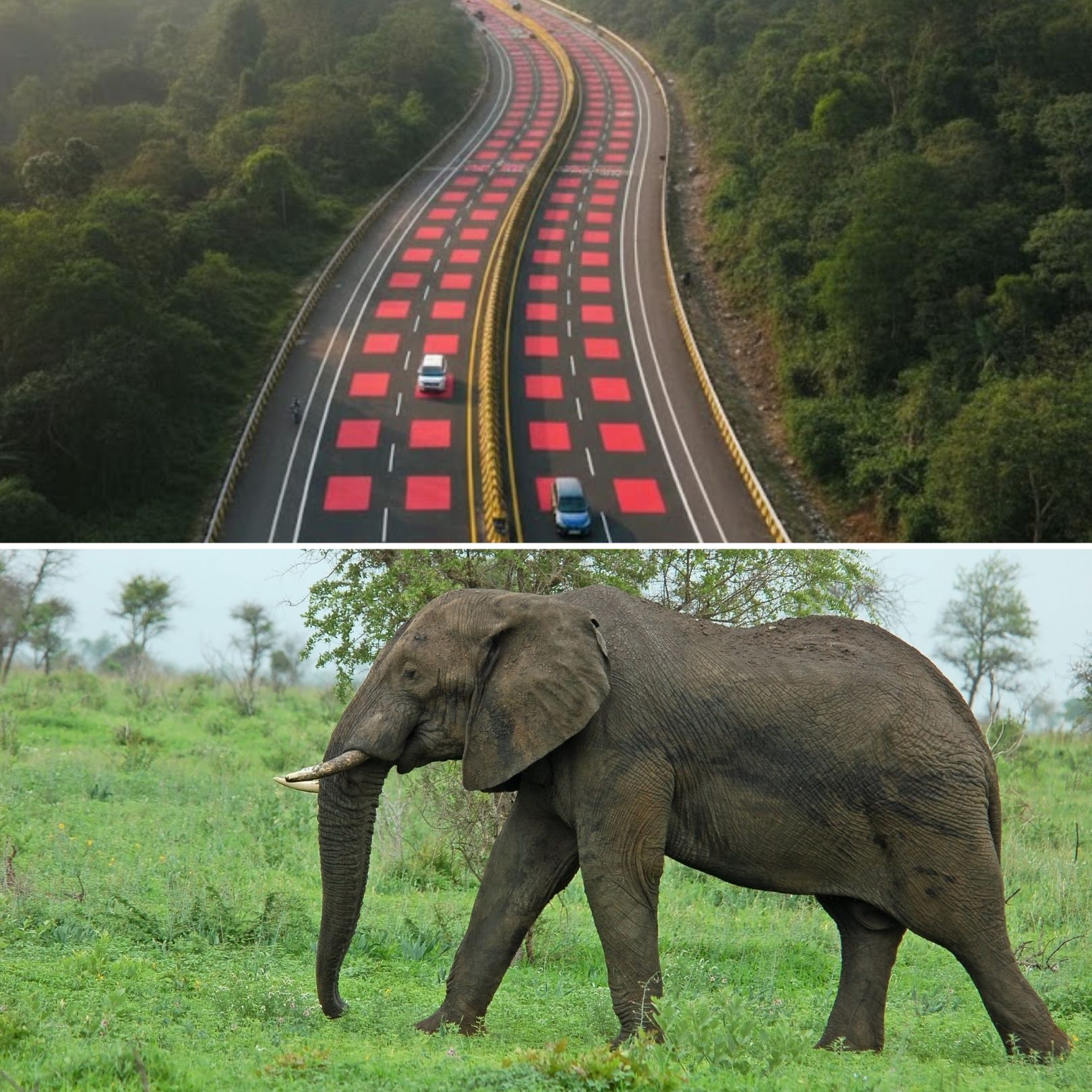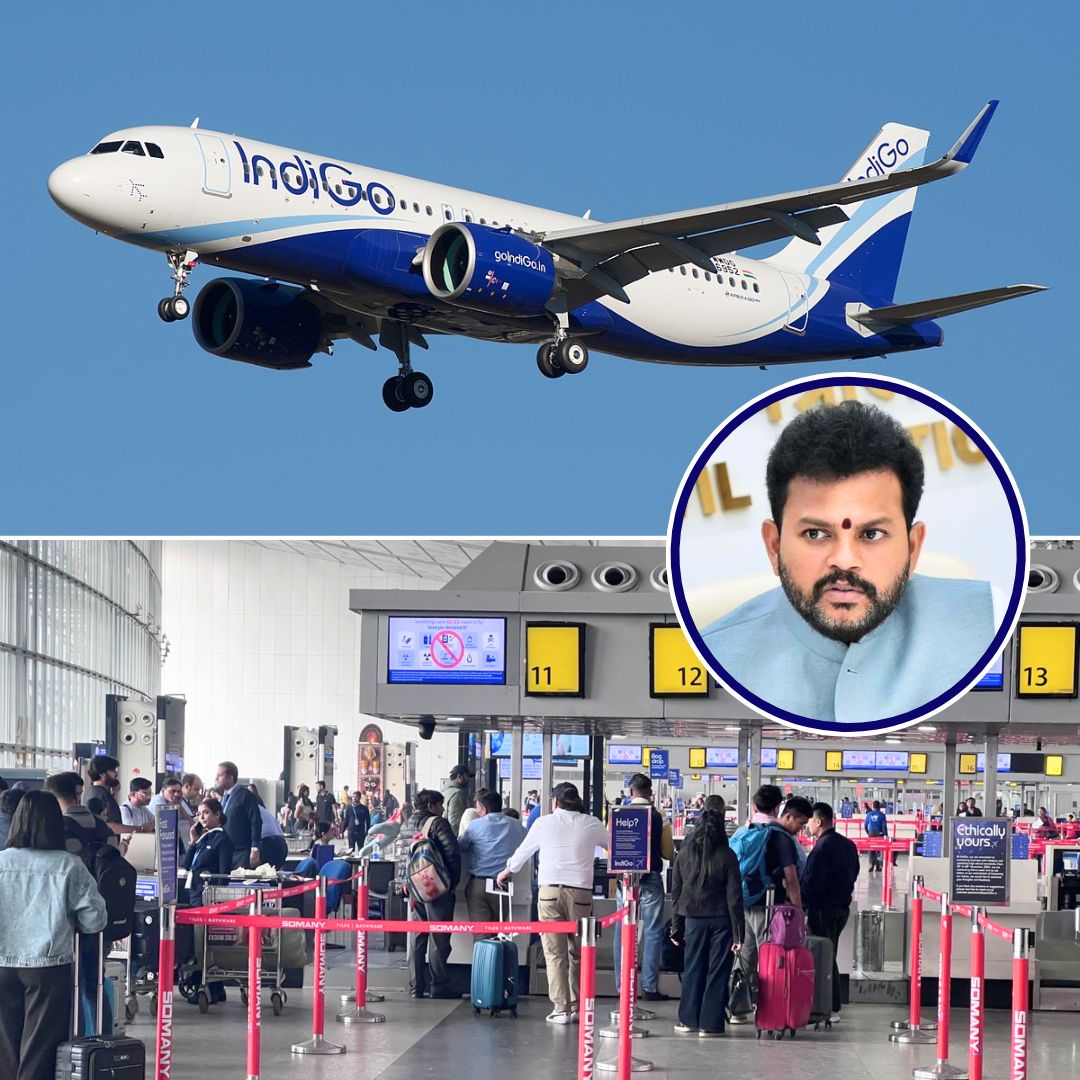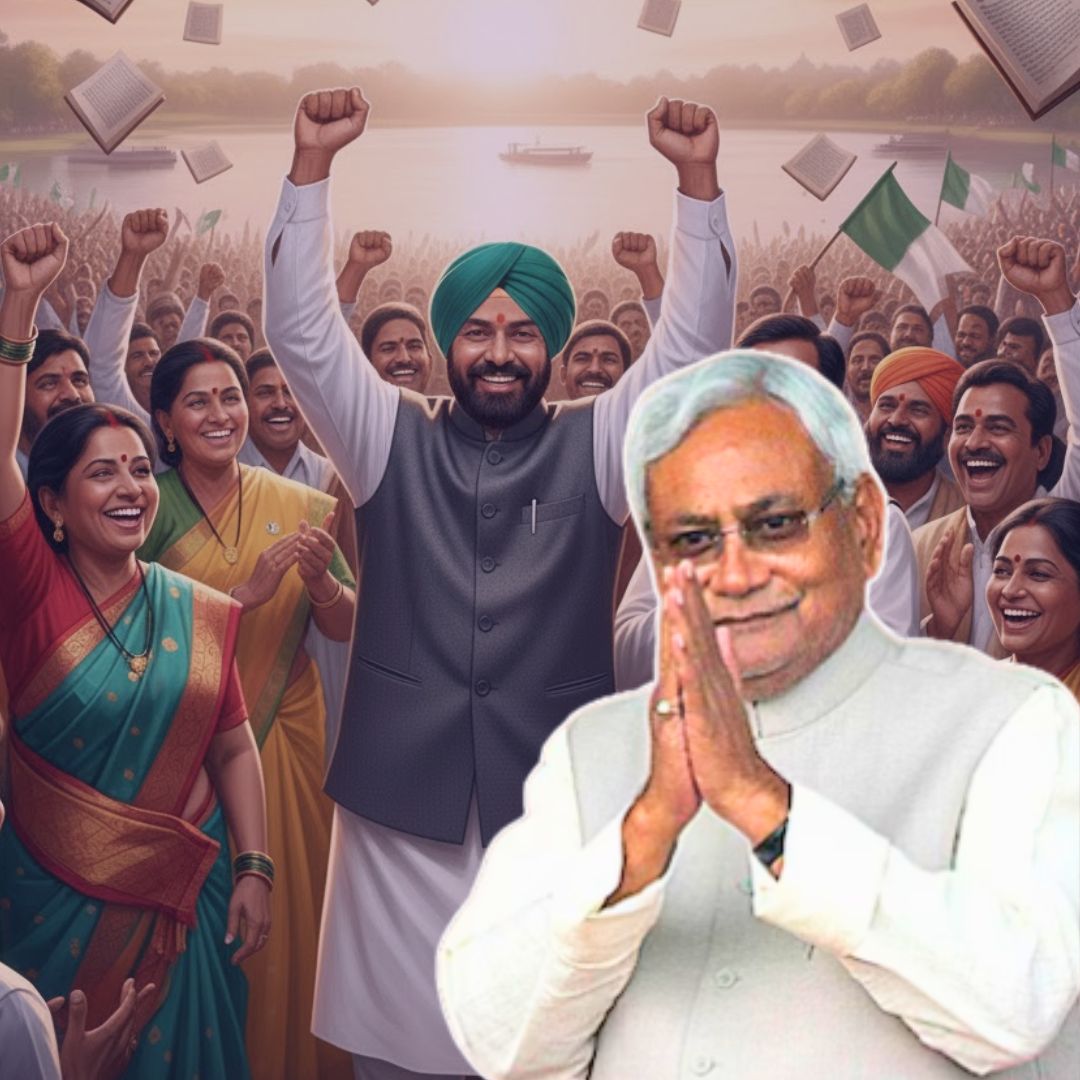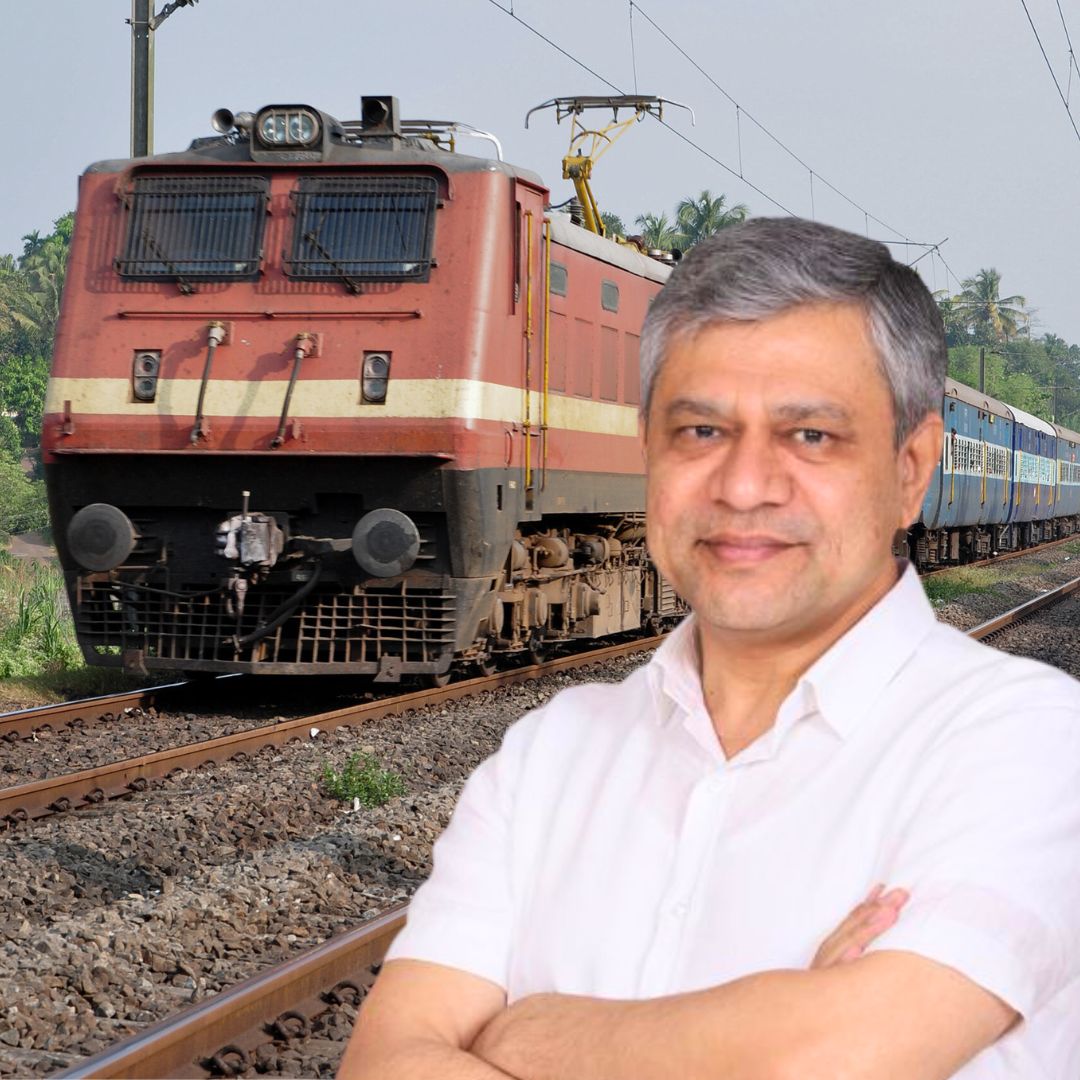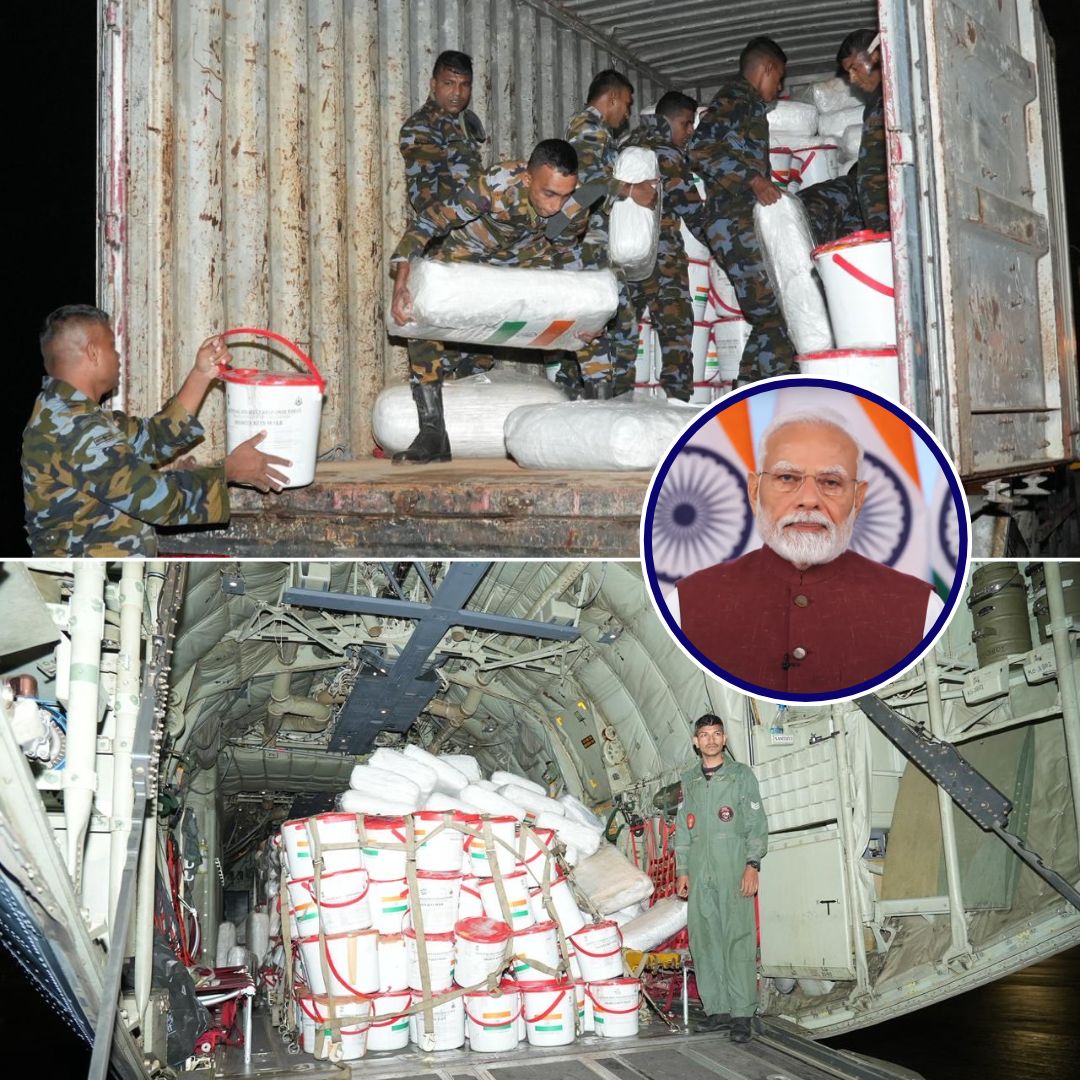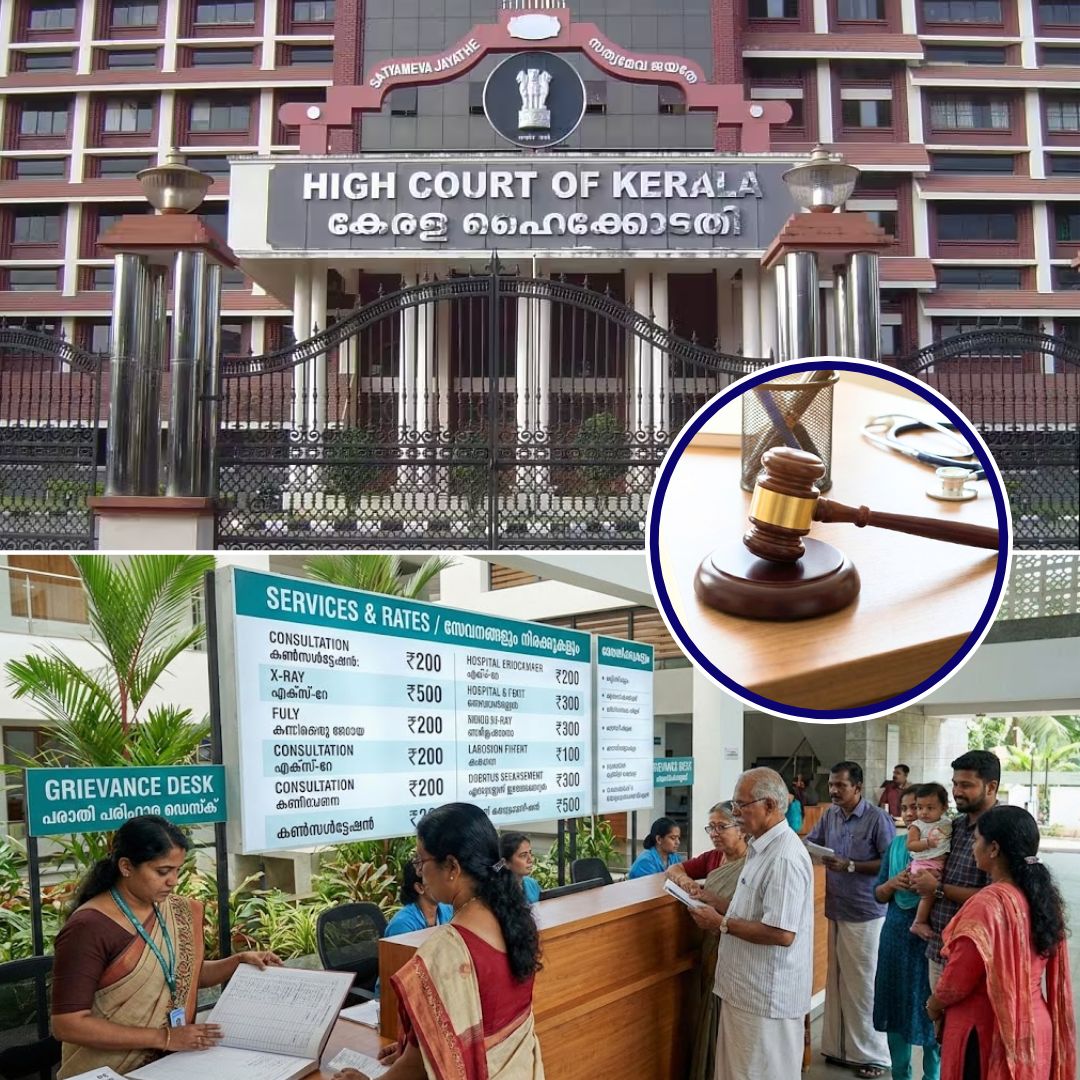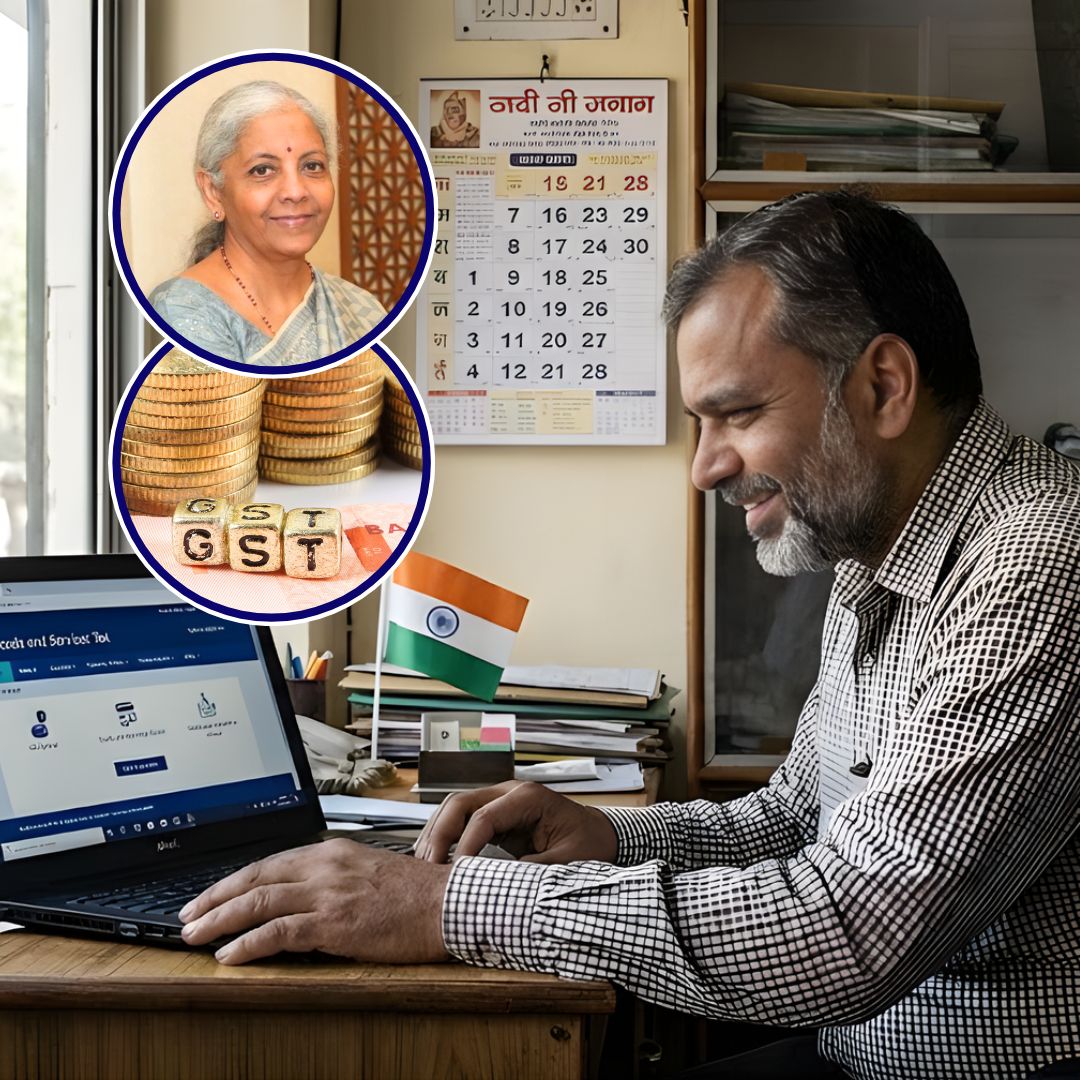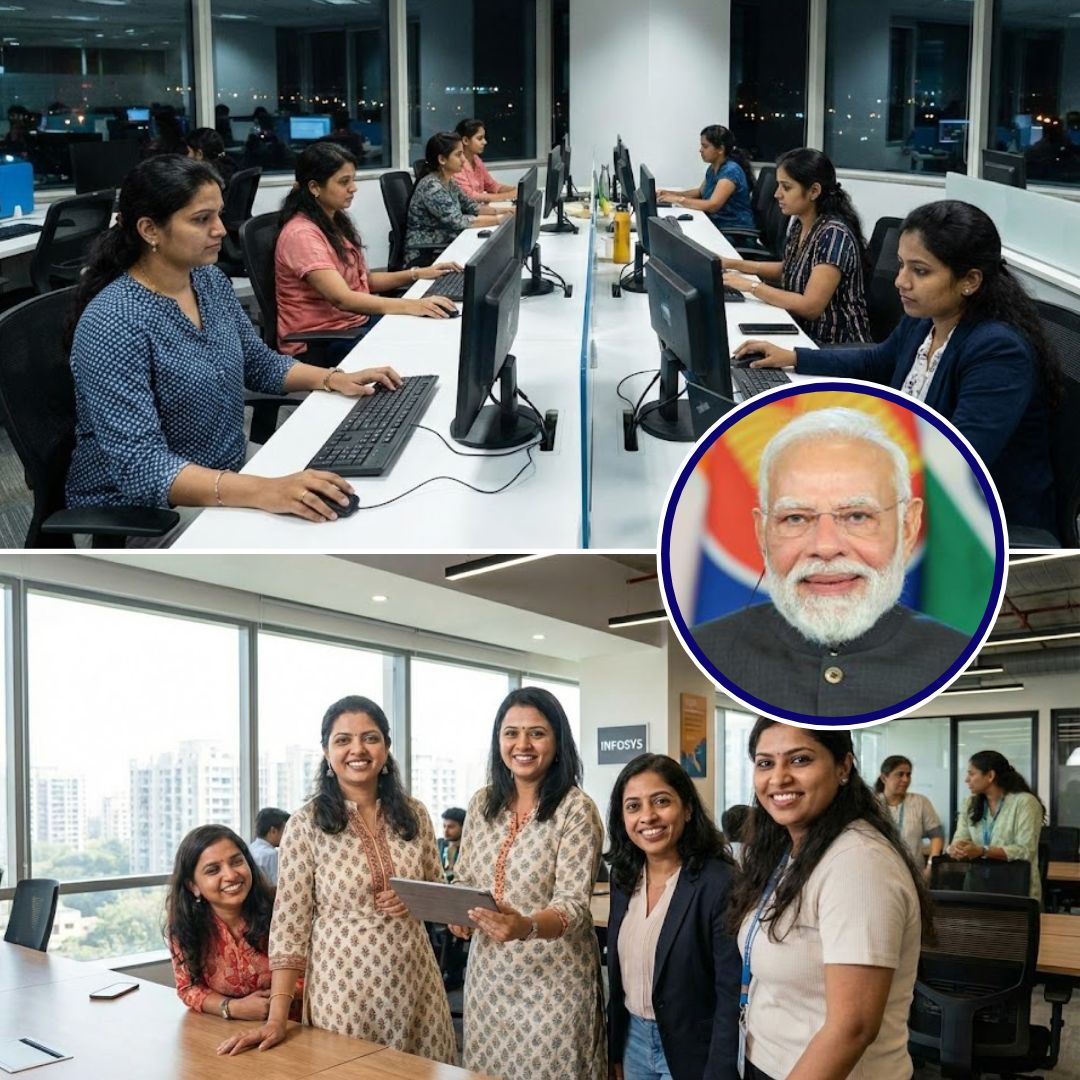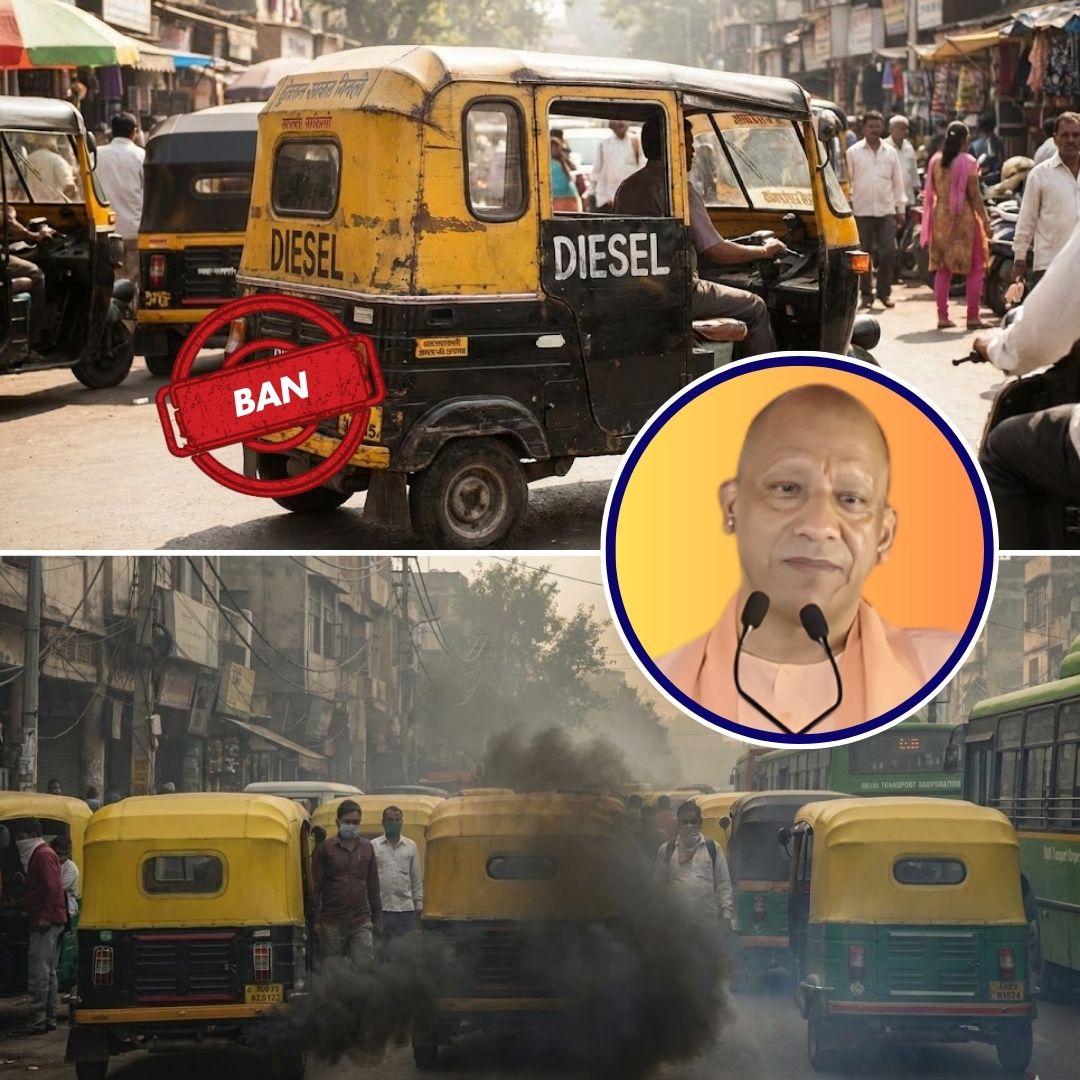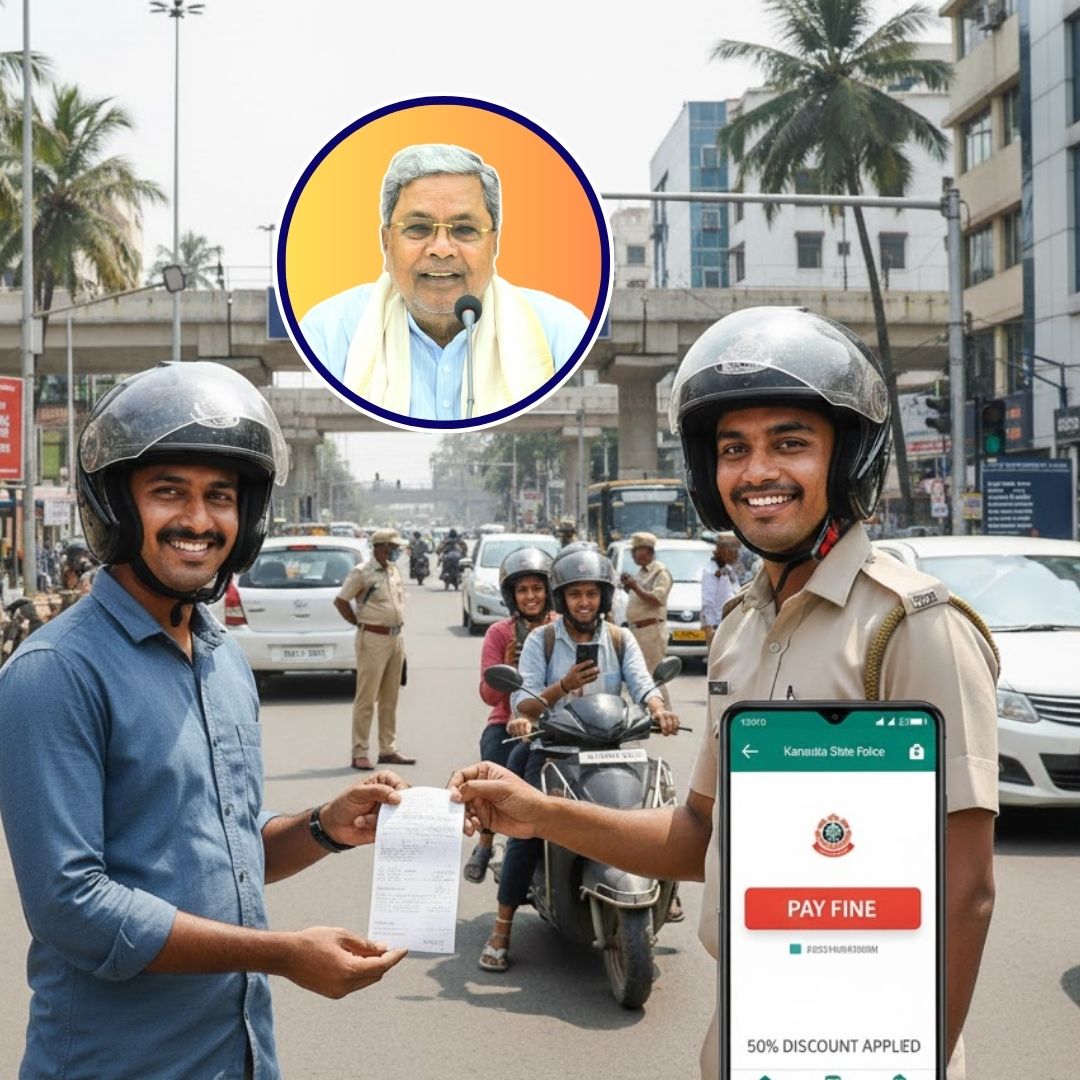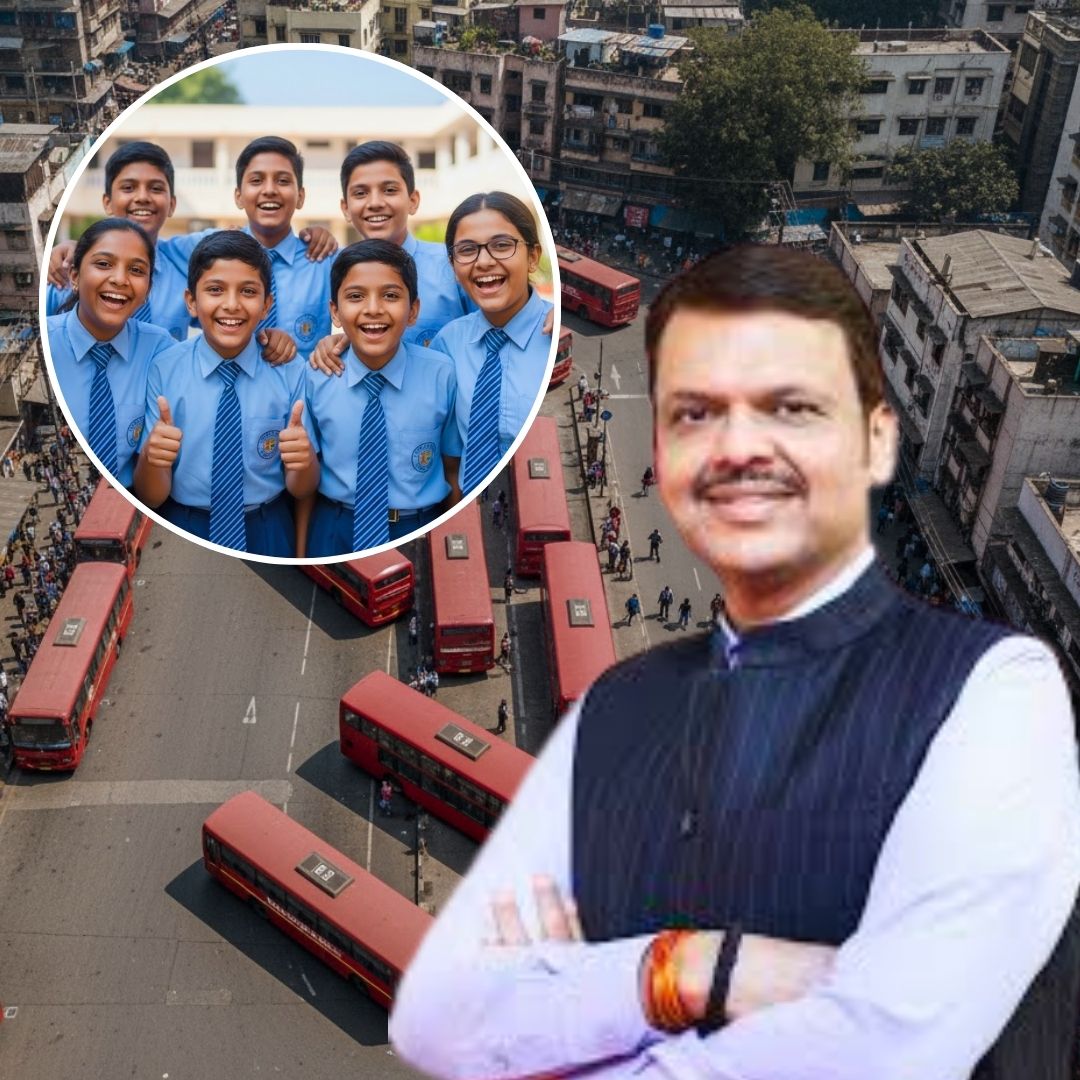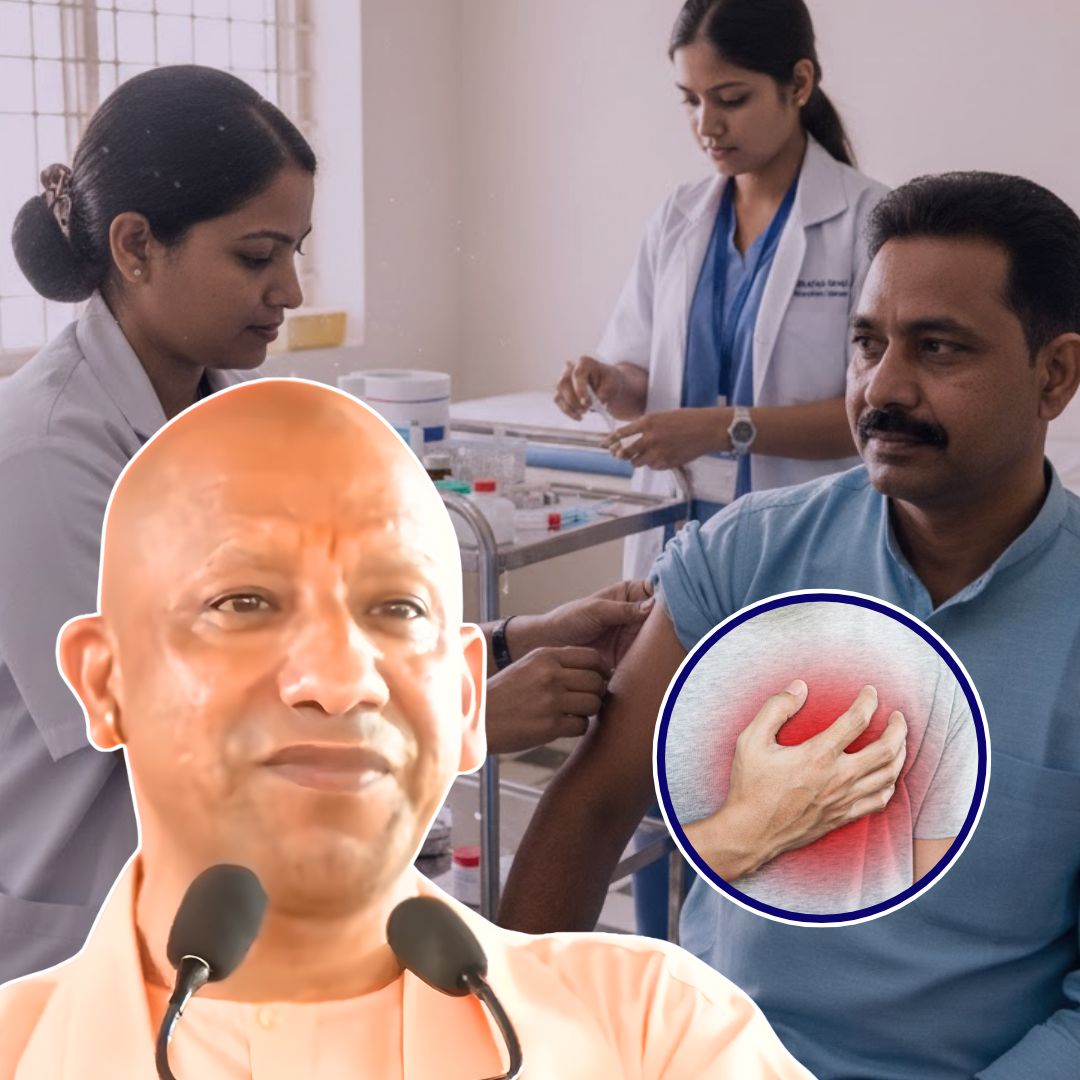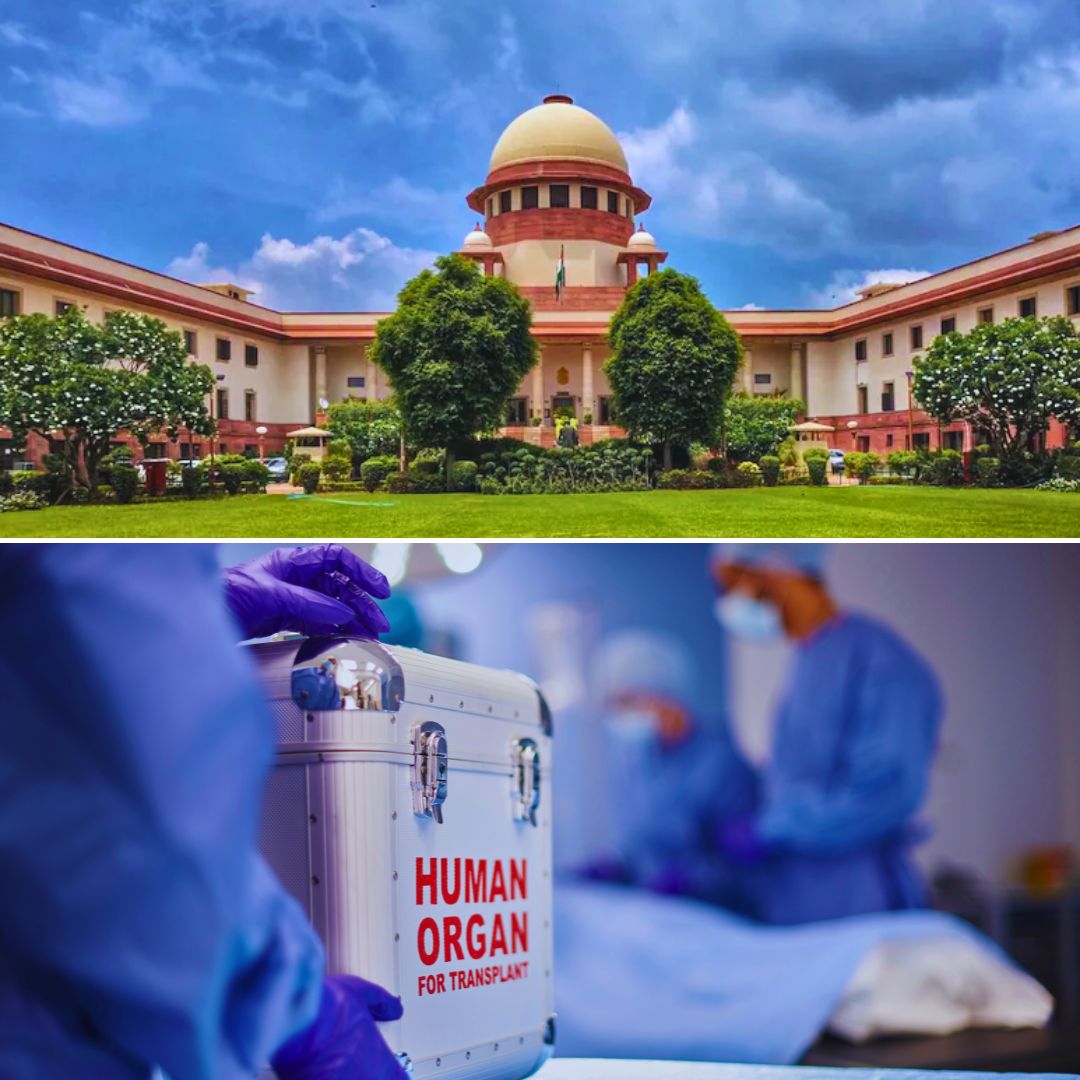Good Governance

Indian Railways Rolls Out Free Wi-Fi at Over 6,100 Stations, Expands CCTV Surveillance Nationwide
Indian Railways has connected 6,117 stations-93% of its network-with free high-speed Wi-Fi through revenue-sharing partnerships, saving over ₹1,200 crore in public funds.
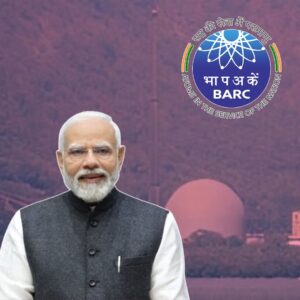
BARC Secures 148-Hectare Forest Nod for 3,000-Acre Anakapalli Nuclear Research Campus Near Visakhapatnam Coastline
BARC advances a strategic 3,000-acre nuclear R&D campus in Andhra Pradesh with environmental nod to divert 148 hectares of forest land, balancing innovation and ecology.
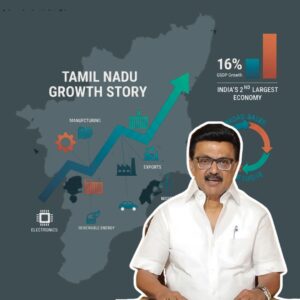
From Factories to Welfare: The Strong Fundamentals Behind Tamil Nadu’s 16% Growth
Tamil Nadu’s economic story stands out for its balanced growth—strong factories, rising exports, and governance that distributes prosperity while navigating global uncertainty.

PM Modi, First World Leader, Receives Ethiopia’s Great Honour Nishan, Dedicates to ‘People of India’
PM Modi receives Ethiopia’s top award from Abiy Ahmed for ties & Global South role, dedicates to 1.4B Indians.
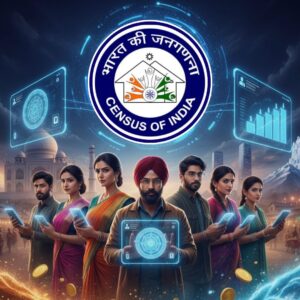
Union Cabinet Approves ₹11,718 Crore for India’s First Digital 2027 Census with Caste Enumeration, No NPR
The Union Cabinet has greenlit ₹11,718.24 crore for a fully digital Census 2027, featuring India’s first post-independence caste count and advanced tech, sans separate NPR funding.
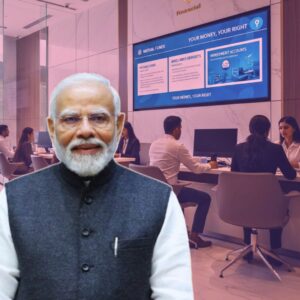
PM Modi Launches ‘Your Money, Your Right’ Campaign to Help Indians Reclaim ₹1 Lakh Crore in Forgotten Assets
A government-led campaign combining digital portals and district-level camps is helping Indians recover long-forgotten bank deposits, insurance claims, mutual funds and dividends.
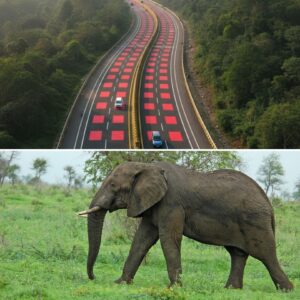
NHAI Introduces India’s First Red Table-Top Marking for Wildlife Safety on Bhopal–Jabalpur Highway
India gets its first 5 mm “table-top red marking” to save wildlife on the Bhopal–Jabalpur Highway.

UP Govt Adds Six South Indian Languages to School Curriculum, Boosting Cultural Unity; Students Free to Choose
Uttar Pradesh integrates Tamil, Malayalam, Kannada, Telugu, Marathi, and Bengali in vocational education to promote cultural harmony free of cost.

Government Imposes Temporary Domestic Airfare Caps to Prevent ‘Unreasonable’ Price Surge Amid IndiGo Chaos
Government imposes temporary fare caps excluding taxes after IndiGo’s cancellations caused fares to spike five to ten times.

India Announces Free 30-Day E-Tourist Visas for Russians, Boosting Ties Post Putin-Modi Summit
India’s free 30-day e-tourist visas for Russians promise smoother travel and stronger bilateral bonds after the Modi-Putin summit.

Nitish Kumar Enters World Book of Records for Record 10th Oath as Bihar Chief Minister Since Independence
Bihar CM Nitish Kumar achieves a global first by taking chief ministerial oath 10 times, praised for stable governance and public trust.

Indian Railways to Automatically Allot Lower Berths to Senior Citizens and Women Above 45 Based on Availability
Railway Minister Ashwini Vaishnaw confirmed automatic lower berth allocation for vulnerable groups.
Good Governance
- Governance
- Progress
- Welfare
Recognising exemplary leadership, progressive policies, and impactful governance initiatives driving transformation and public welfare.



